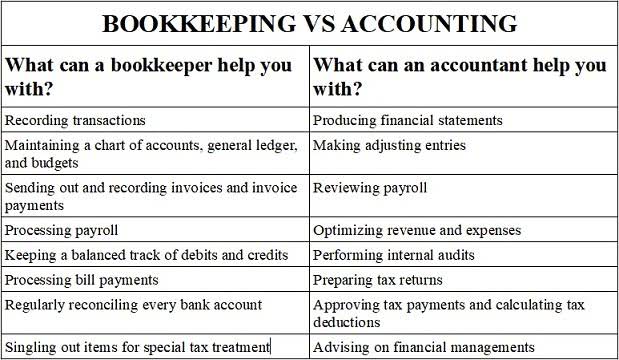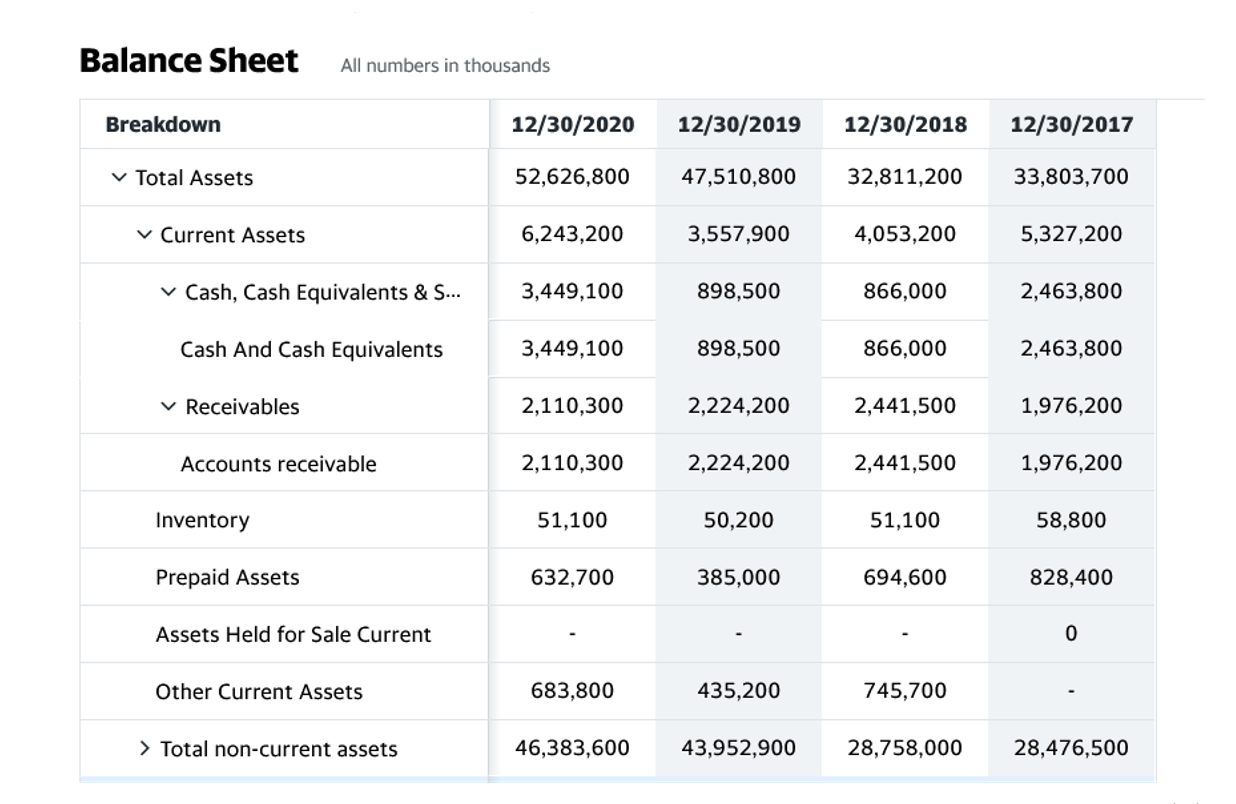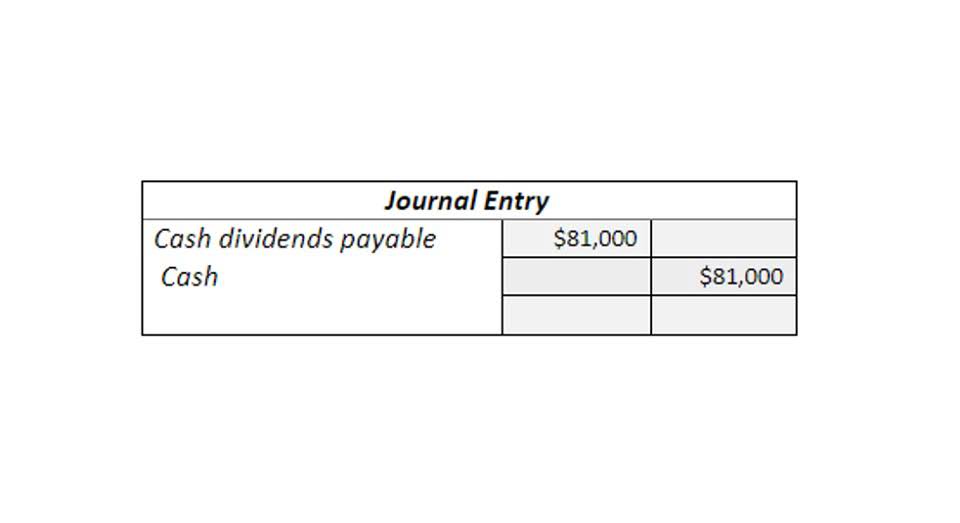
Mastering Agricultural Accounting: A Deep Dive into IAS 41 and Financial Management

Accountants must track these changes meticulously, adjusting the value of the livestock inventory to account for births, deaths, market value changes, and increases in size or production capacity. This method records income and expenses when they are earned or incurred, not when the cash is exchanged. This approach provides a more accurate financial picture, particularly in agriculture agricultural accounting where the sale of a crop or livestock may occur in a different period than the production. Agricultural accounting operates on a set of specialized principles designed to reflect the unique aspects of the industry.

What are farm business expenses?
- Agricultural accounting can help farmers track the financial impact of sustainable practices and make informed decisions that benefit both the environment and their bottom line.
- The method chosen for inventory valuation directly affects the cost of goods sold (COGS), which is the direct cost attributable to the production of the goods sold by a farm.
- This includes scenarios where the taxpayer may still possess livestock or produce or is engaged in agreements like “sheep leases” that involve livestock or produce previously considered in tax calculations.
- From managing the intricacies of seasonality and inventory to guiding risk analysis and maintaining profitability, they wield a specialized skillset tailored to agriculture.
- Determine how much livestock you would have sold without the weather-related condition.
- Keeping track of all these sources of income and accurately recording them in the accounting system can be challenging.
These systems, like a financial journal of farming operations, provide an ongoing picture of the farm’s financial health. Their guidance, anchored in a deep understanding of financial analysis, illuminates the path to profitability and sustainability for farming operations. Farmers can use specialized software like QuickBooks, Xero, or Ag-specific platforms like FarmBooks to automate transaction recording, expense tracking, and financial reporting, saving time and reducing errors. For farmers looking to streamline their bookkeeping and financial management processes, Folio3 AgTech offers advanced solutions tailored to the agriculture sector. Agricultural accountants develop financial strategies that boost a farm’s profitability.
Quick must-knows of farm accounting
This ensures proper financial management, helps in budgeting, and simplifies tax compliance for farmers. One of the most crucial best practices for farm bookkeeping is ensuring regular updates of your financial records. Procrastinating and allowing transactions to pile up can lead to missed details, mistakes, and inaccurate financial reports, which can have significant consequences. Regularly updating your records will allow you to track cash flow, law firm chart of accounts expenses, and profits more effectively and ensure your financial data is always accurate.
Farm Accountant FAQs
Vyde is a licensed accounting firm (CPA) based in Provo, Utah, and members of the AICPA. We provide professional accounting services to businesses and individuals, with a focus on small business bookkeeping and taxes. Farm accountants help decipher loan terms and prepare crucial financial statements necessary for loan application approvals. The role of a farm accountant, therefore, goes beyond typical accounting to encompass a wide range of responsibilities instrumental to the sustainable growth of the agricultural sector.
Agricultural accounting is just different from standard accounting and having the right tools to assist your farm managers and agricultural accountants in keeping records straight is vital. They empower farmers to track their financial health, maximize tax benefits, and make informed decisions that drive growth and profitability. Farm owners ensure they are well-equipped to navigate the complexities of agricultural finance and achieve long-term success by investing time and resources into effective bookkeeping for farmers. The agricultural industry faces fluctuating market prices that affect the value of crops and livestock. This changing market makes agriculture accounting more complex, to fix it farmers need to regularly update their records to match current conditions. This changing market makes agriculture accounting more complex, to fix it farmers should regularly update their records to match current conditions.

These technologies are being harnessed to predict cash flow trends, optimize inventory management, and even detect fraudulent activities by identifying patterns that deviate from the norm. AI-driven chatbots and virtual assistants are becoming commonplace, providing immediate responses to financial queries and assisting with transaction categorization. Agricultural products are often subject to spoilage and market volatility, making accurate inventory assessment necessary for financial reporting. Methods such as the lower of cost or market (LCM) can be applied to ensure inventory is appropriately valued on the balance sheet. Agricultural accountants serve as crucial pillars in the farming industry, navigating the complex and unique financial landscape of agribusiness. Moreover, biological assets, such as crops and livestock, can vary greatly in value based on growth, diseases, and market fluctuations.

Simplifying Accounting for Small-Scale Farmers: A Tax Basis Approach

Depreciation and amortization distribute the cost of tangible and intangible assets over their lifespan, affecting the farm’s bottom line. This expertise enables them to simplify complex financial data and convert it into clear, actionable strategies. You do not have a farming business if you 1) contract the harvesting of a commodity from someone else or 2) buy or resell plants or animals from someone else.
- They need a deep understanding of agricultural processes, proficiency in specialized accounting software, and knowledge of local and global agricultural markets.
- You will be prepared at the end to either manage the farm accounting management software for your own agricultural business or seek assistance.
- This process helps farmers maintain accurate records of income, expenses, assets, and liabilities.
- Cloud-based platforms have revolutionized the way financial information is stored and accessed, allowing for secure, scalable, and collaborative environments that stakeholders can access from anywhere in the world.
- Through their guidance, farmers are able to grasp the economic implications of various farming approaches, making informed decisions that directly impact the financial health of their farms.
- While audits may only happen in some years, preparing for one in advance is still essential.
Which of these is most important for your financial advisor to have?
- They develop strategies for maintaining profitability and play a critical role in ensuring compliance with industry and regulatory standards.
- It ensures financial sustainability and informs strategic decision-making, which is crucial for farmers and agribusinesses aiming to thrive in a competitive market.
- This process involves comprehensive financial planning, equitable asset distribution, and, potentially, training for the successors.
- Preparing for an audit means keeping thorough and organized financial records and following best practices year-round.
- Keeping track of the amounts owed, repayment schedules, and interest rates helps you avoid missed payments and manage your debts effectively.
- They empower farmers to track their financial health, maximize tax benefits, and make informed decisions that drive growth and profitability.
Accounting software designed for retail or manufacturing assume short, evenly-distributed turnover. On the other hand, crop and livestock production and marketing are characterized CARES Act by long overlapping cycles that rarely correspond to calendar years. Software designed specifically for farm management simplifies this process and considers these factors in standard functionality. Simply put, agricultural accounting covers the specialized accounting required to manage a farm or ranch. While there are a lot of similarities between the agricultural industry and other businesses, agricultural accounting requires a keen understanding of the farming business and the different ways transactions occur.